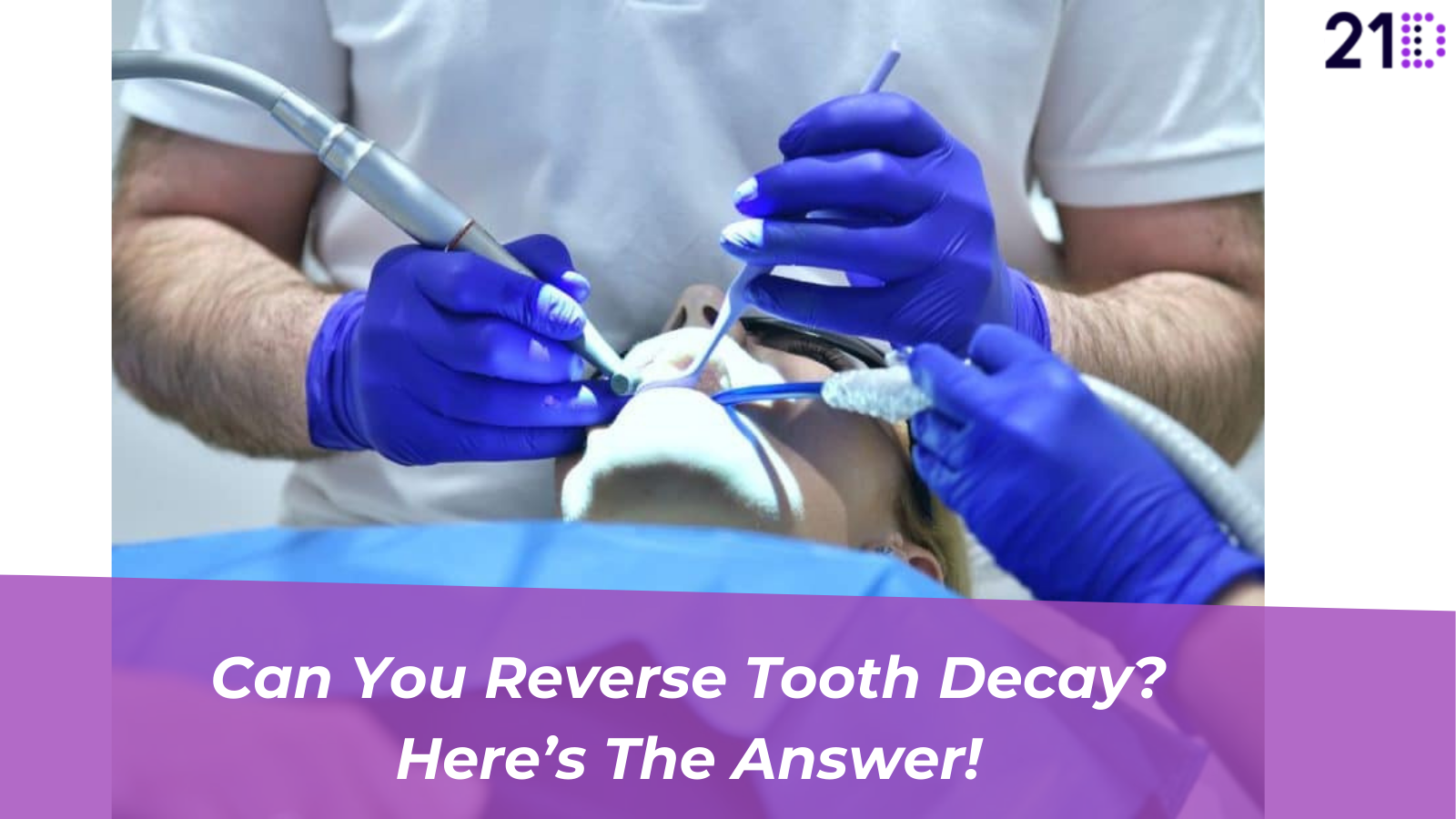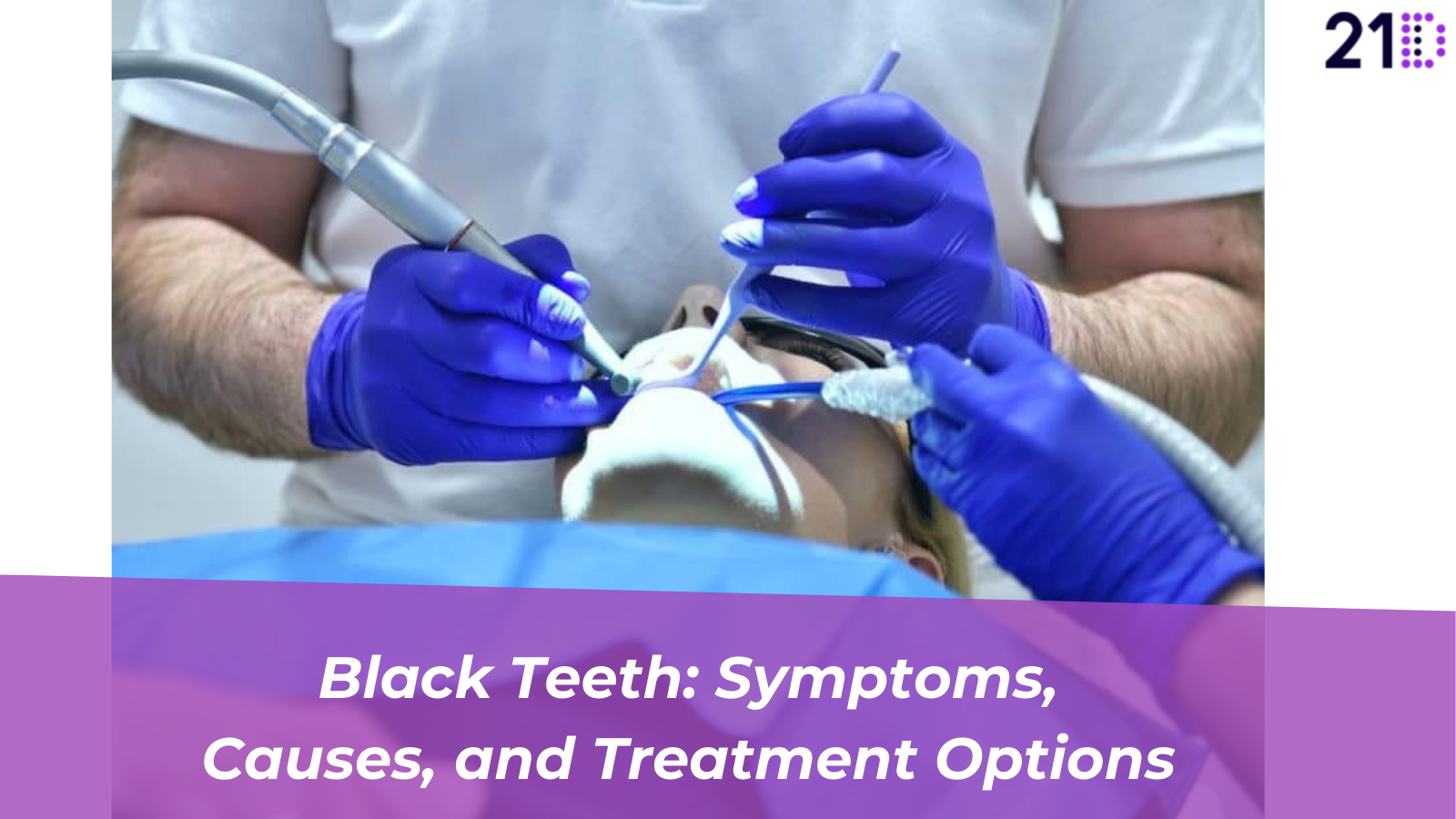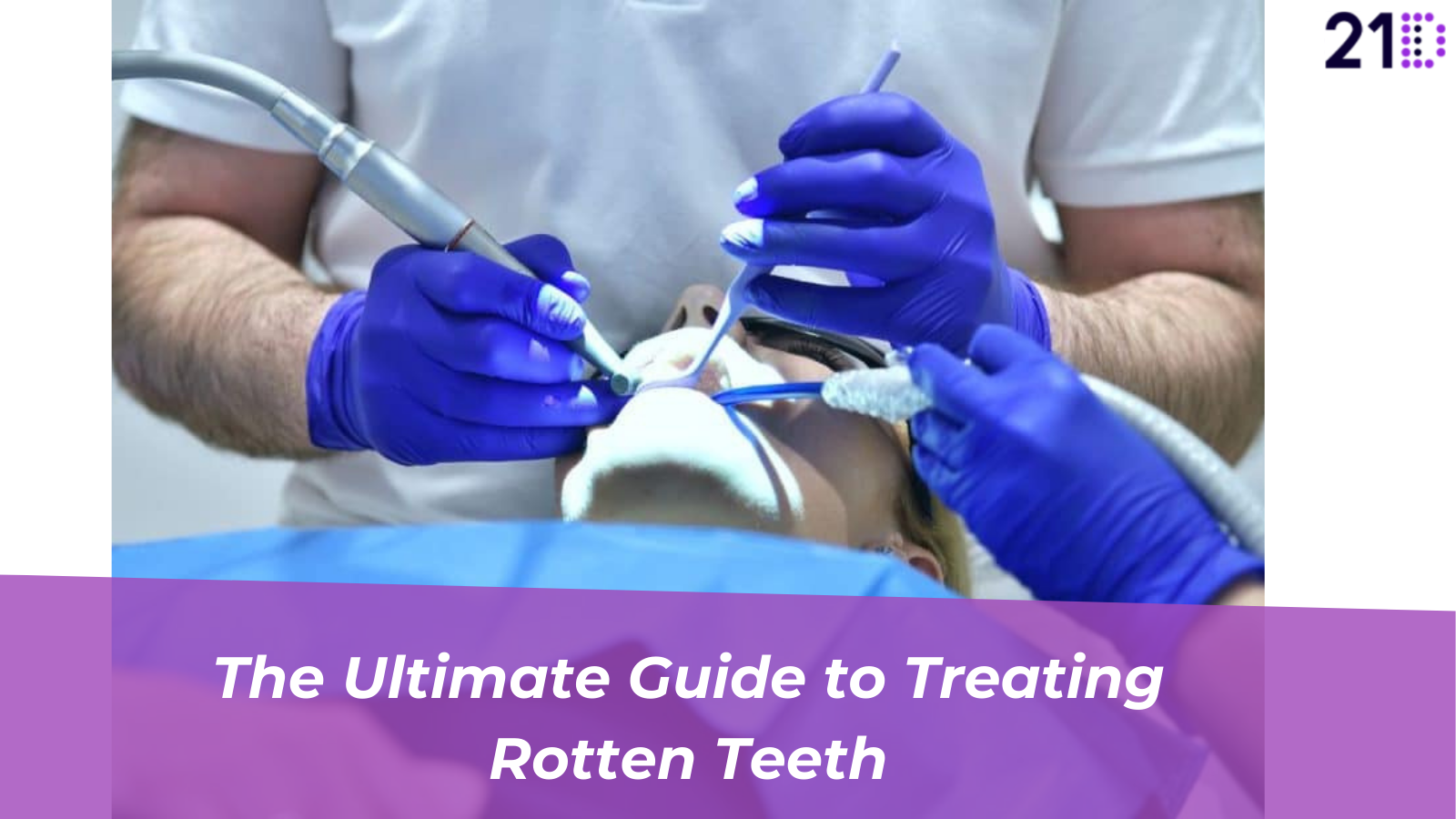Introduction
In the vast world of dentistry, advancements in technology and technique are continually reshaping our understanding of oral health solutions. One such breakthrough is the development of full mouth dental implants. Historically, patients seeking solutions for multiple missing teeth or entire arch replacements were largely directed towards traditional dentures. But, as with many medical fields, dental solutions have evolved. The Evolution of Full Mouth Dental Implants has shown that they offer a more permanent and often more comfortable option than their predecessors.
Contrasting Full Mouth Dental Implants vs. Traditional Dentures, the former provides a fixed, long-term solution that mirrors the function and appearance of natural teeth. But, while the advantages of these implants are becoming increasingly recognised, understanding their benefits over conventional dentures, the intricacies of their placement, and even concerns such as “How Much Does a Full Mouth Dental Implant Cost?” are essential considerations for anyone exploring this avenue of oral health.
For those embarking on this dental journey, our guide dives deep into the advantages of full mouth dental implants, ensuring you’re well-informed and equipped to make the best decision for your oral health. As we explore further, we’ll delve into factual evidence, integrate authoritative sources from the UK dental realm, and offer a balanced perspective on this modern dental solution.
Understanding Full Mouth Dental Implants
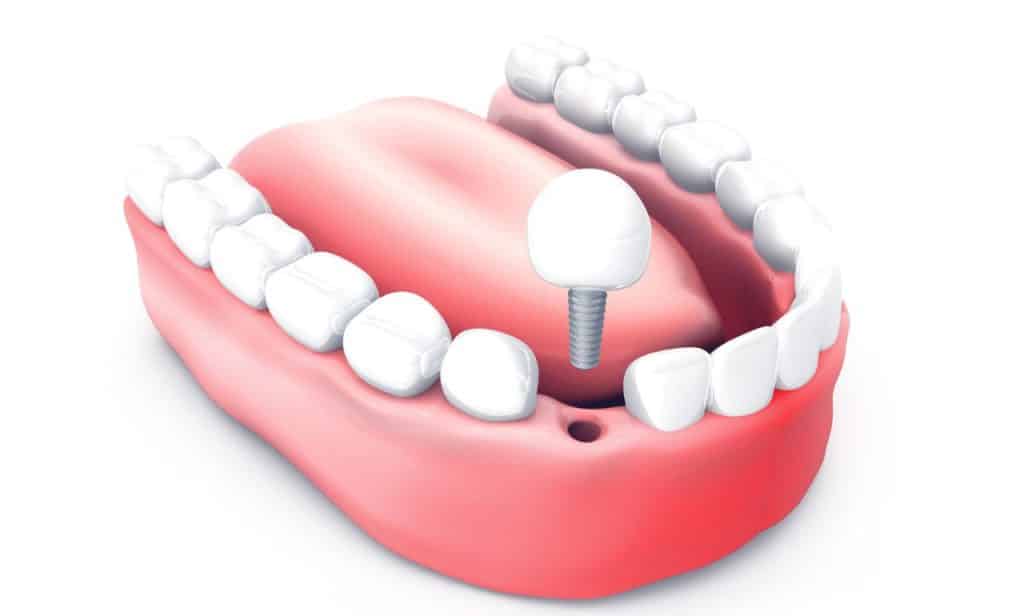
Dental implants have long been celebrated for their ability to replace individual teeth with an almost natural look and feel. But when we address the term ‘Full Mouth Dental Implants’, we’re diving into a realm where an entire set of teeth can be replaced, offering a new lease of life to those who might have lost all or most of their teeth.
At its core, a dental implant consists of three primary components. The first is the titanium screw, which is meticulously anchored into the jawbone. This screw acts as a surrogate for the tooth root and forms the foundation for the entire implant. Above this, the abutment is placed. Serving as a bridge between the screw and the final visible part, it’s a pivotal component in ensuring the stability of the entire structure. Finally, the crown or prosthesis, which is custom-made to match the patient’s natural teeth, is mounted on the abutment, culminating in a complete dental implant.
So, how does this differ from individual dental implants? The key difference lies in the scale and purpose. While individual implants replace single teeth, full mouth implants are tailored to restore an entire arch or even both arches. This often involves the use of fewer implant screws than teeth being replaced, with each screw supporting multiple teeth in the form of a bridge or over-denture. This method ensures a stable foundation while optimising the health and structure of the jawbone.
In the context of the UK, where the demands for cosmetic and functional dentistry have seen steady growth, full mouth dental implants represent a fusion of aesthetics and functionality. With an increasing number of clinics and professionals specialising in this treatment, the availability and accessibility of such procedures have never been more prevalent. Moreover, questions regarding costs, such as “How Much Does a Full Mouth Dental Implant Cost?” may arise, the sheer durability and quality of life improvements these implants offer position them as a valuable long-term investment.
But to fully appreciate the value and potential of these implants, it’s pivotal to dive deeper into their advantages and the nuances that separate them from traditional treatments, a journey that we’ll embark on in the upcoming sections.
The Advantages of Full Mouth Dental Implants
The transformative journey from traditional dental solutions to the innovation of full mouth dental implants has paved the way for a plethora of benefits. These advantages span across functionality, aesthetics, durability, health, convenience, and even dietary realms, underscoring the comprehensive improvements these implants bring to one’s quality of life. Let’s explore each in detail.
Functional Benefits
Foremost among the boons of full mouth dental implants is the functional restoration they offer. Patients can revel in a restored bite force, enabling them to enjoy a diverse range of foods without hesitation. Furthermore, these implants enhance speech clarity, reducing the lisps or muffling that sometimes accompanies denture use. And, crucially, they bring back the natural ability to chew, fostering optimal digestion and nutrient absorption.
Aesthetic Advantages
Beyond mere functionality, the aesthetic dividends of full mouth dental implants are undeniable. Each implant is meticulously crafted to present a natural appearance, seamlessly blending with any remaining natural teeth. This, in turn, often leads to an improved facial structure, preventing the sunken look that can arise from prolonged tooth loss. The resultant rejuvenated appearance can be a substantial boost to confidence and self-esteem, allowing individuals to smile, laugh, and socialise without reservations.
Durability and Longevity
In the long game of dental solutions, full mouth dental implants stand out for their endurance. With proper care, these implants can last a lifetime, a testament to their robustness. They require minimal maintenance beyond routine oral hygiene practices, contrasting sharply with alternatives like dentures, which might need regular adjustments or replacements.
Oral Health Benefits
Perhaps one of the most compelling reasons to consider full mouth dental implants is the suite of oral health benefits they usher in. These implants play a pivotal role in preventing bone loss in the jaw, a common consequence of long-term tooth absence. By preserving the jawbone’s integrity, they facilitate better oral health overall. Moreover, unlike some other dental procedures, these implants don’t compromise the health of adjacent teeth. And by providing a secure, gap-free dental set-up, they significantly reduce the risk of oral infections and diseases.
Convenience and Comfort
The daily grind becomes notably smoother with full mouth dental implants. Gone are the days of removable dentures, messy adhesives, or the apprehension of a denture slipping out at inopportune moments. With implants, the oral hygiene routine is streamlined, akin to caring for natural teeth. Plus, the comfort they offer is unparalleled, feeling and functioning just like one’s original teeth.
Dietary Benefits
Lastly, the dietary freedoms offered by full mouth dental implants are worth their weight in gold. With no dietary restrictions in play, individuals can indulge in their favourite foods, be it crunchy, chewy, or anything in between. This not only enriches the palate but also ensures that the digestive process, beginning with thorough chewing, operates at its peak.
In the panorama of dental solutions, Full Mouth Dental Implants vs. Traditional Dentures, the former emerges as a beacon of modern dentistry’s capabilities. Yet, as with all medical choices, understanding the broader context, exploring comparisons, and evaluating costs and benefits is paramount. We’ll continue to offer insights on these facets, anchored by credible UK-based sources, as we delve further.
Comparative Analysis: Full Mouth Dental Implants vs. Alternatives
In the pursuit of optimal oral health and aesthetics, patients today are presented with a plethora of options. But to make an informed decision, understanding the nuances, advantages, and limitations of each solution is paramount. Here, we’ll juxtapose full mouth dental implants with their most common alternatives: dentures and bridges.
Dentures
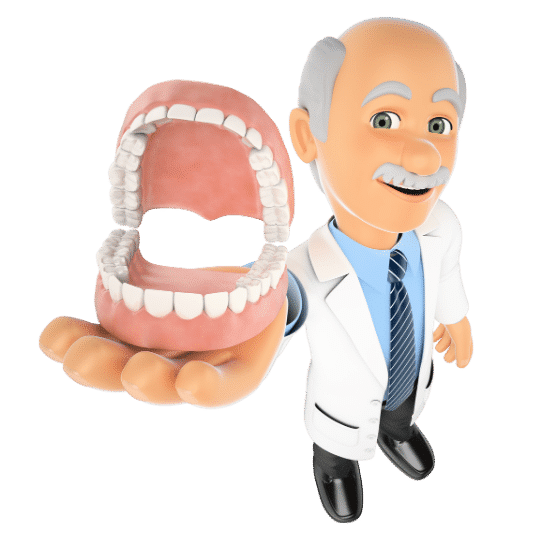
Dentures, or false teeth, have been the long-standing solution for individuals missing several teeth or an entire arch. Made from acrylic, metal, or nylon, they’re designed to fit snugly over the gums.
Maintenance: Dentures require daily removal and cleaning, apart from periodic professional adjustments to accommodate the changing shape of the mouth. In contrast, full mouth dental implants demand only regular oral hygiene akin to natural teeth.
Comfort and Fit: Over time, the fit of dentures can become less snug, leading to slippage, speech impediments, or even sores. Full mouth dental implants, being firmly anchored to the jawbone, negate these issues, offering consistent comfort and fit.
Dietary Restrictions: Dentures often come with a list of dietary do’s and don’ts, restricting the intake of certain hard or sticky foods. On the other hand, the robustness of dental implants allows individuals to indulge in a wider variety of foods without concern.
Bridges
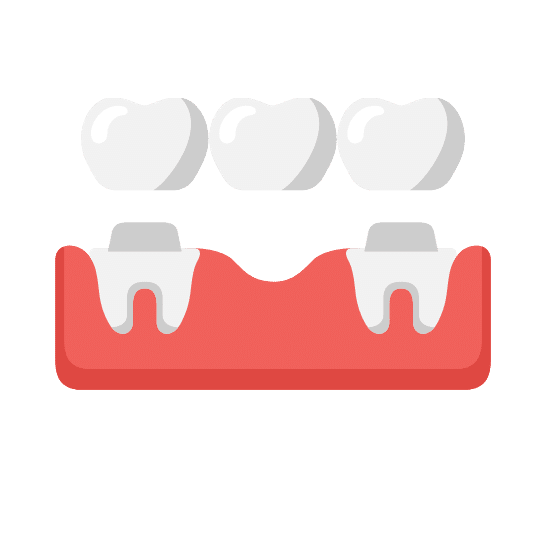
A bridge, as the name suggests, ‘bridges’ the gap left by one or more missing teeth. It comprises two or more crowns for the teeth on either side of the gap and a false tooth/teeth in between.
Impact on Adjacent Teeth: For a bridge to be placed, the adjacent teeth need to be filed down, which might compromise their structural integrity. In contrast, full mouth dental implants don’t rely on other teeth, thereby preserving the health of the entire dental arch.
Lifespan: While bridges, with proper care, can last a decade or more, they generally have a shorter lifespan than dental implants, which can last a lifetime with apt maintenance.
Maintenance: Bridges require diligent cleaning under the false tooth, demanding special flossers or brushes. Full mouth dental implants, meanwhile, integrate seamlessly with the oral environment, simplifying the cleaning process.
In wrapping up this comparison, the evolution of Full Mouth Dental Implants signifies a quantum leap in dental solutions, offering a synergy of functionality, aesthetics, and health benefits. However, individual needs and circumstances play a role, making it essential to consult with dental professionals, preferably within the UK for those residing here, to arrive at a tailored solution.
Potential Challenges and Solutions
Every medical procedure, however advanced, may present its own set of challenges. Full mouth dental implants, while lauded for their myriad advantages, are no exception. Addressing potential hiccups not only equips patients with a realistic perspective but also underscores the importance of professional guidance. Here’s an overview of common challenges associated with full mouth dental implants and their corresponding solutions.
Bone Density Concerns
Challenge: One of the primary prerequisites for dental implants is sufficient bone density in the jaw. Over time, missing teeth can lead to bone loss, making the jaw unsuitable for implants without intervention.
Solution: Bone grafting is a widely practised procedure where bone from another part of the body, or a synthetic substitute, is transplanted to the jaw, enhancing its density. After a period of healing, the jaw becomes robust enough to support dental implants.
High Initial Costs
Challenge: “How Much Does a Full Mouth Dental Implant Cost?” is a common concern. The initial financial outlay for dental implants can be significant, potentially acting as a deterrent for many.
Solution: Viewing dental implants as a long-term investment is crucial. Their durability often offsets the recurrent costs associated with alternatives like dentures. Moreover, many UK dental clinics offer financing options, spreading out the cost and making the procedure more accessible.
Post-Operative Discomfort
Challenge: As with most surgical procedures, some level of post-operative discomfort, swelling, or bruising is expected.
Solution: Most post-operative symptoms are transient and can be managed effectively with over-the-counter pain relievers and prescribed medications. Following the dental surgeon’s post-care guidelines, like cold compresses and a soft diet, can also hasten recovery.
Integration Failure
Challenge: In rare cases, the jawbone might not fuse adequately with the implant, a condition known as osseointegration failure.
Solution: Early detection, facilitated by regular check-ups, is key. If a failure is identified, the implant can be removed, and the area is allowed to heal. Bone grafting or alternative solutions might be explored before attempting another implant.
Sinus Issues for Upper Jaw Implants
Challenge: Implants in the upper jaw can sometimes protrude into the sinus cavity, leading to complications.
Solution: Sinus lift or sinus augmentation is a procedure wherein the sinus floor is raised, and bone is added to provide enough space for the dental implant without affecting the sinus cavity.
VII. Conclusion
Dental health plays a pivotal role in our overall well-being, influencing everything from our daily comfort to our self-confidence. Full mouth dental implants have emerged as an epitome of modern dentistry, intertwining cutting-edge technology with the human desire for natural functionality and aesthetics. The advantages, as explored, are manifold—spanning functionality, appearance, durability, oral health, convenience, and dietary freedom.
Yet, as with any medical decision, the personal touch is paramount. While articles, studies, and testimonials provide a foundational understanding, one’s unique dental landscape and health needs play a central role. Therefore, it’s essential to consult with dental professionals, especially those based in the UK for residents here, to glean a holistic, tailored perspective. Such consultation ensures that decisions are both informed and in alignment with individual health profiles.
VIII. Frequently Asked Questions (FAQs)
1. How long does the full mouth dental implant procedure take?
The procedure’s duration varies based on individual needs. Typically, placing a single implant might take as little as an hour. However, for full mouth dental implants, including preliminary treatments like bone grafts or sinus lifts, it could span several sessions over a few months.
2. What is the recovery time for the procedure?
Recovery time varies among patients and depends on the exact procedures undertaken. While minor discomfort or swelling might subside within a week, the complete healing and integration of the implants into the jawbone might take several months.
3. Are there any potential side effects?
Like any surgical procedure, there can be side effects. Common ones post-implant surgery include swelling, bruising, minor bleeding, and pain at the implant site. Most of these subside naturally within a few days and can be managed with over-the-counter pain relievers.
4. How often do the implants need to be checked or replaced?
Once successfully integrated, dental implants can last a lifetime with proper care. However, it’s advisable to have regular dental check-ups every 6-12 months to ensure the implants and surrounding tissues are in optimal health.
5. Can everyone get full mouth dental implants?
While dental implants are a viable solution for many, certain conditions or health factors might preclude some individuals. Factors like insufficient bone density, certain chronic illnesses, or heavy smoking can impact the success rate of implants. It’s crucial to have a thorough assessment with a dental professional to determine suitability.
In the realm of oral health, information and personal consultation harmonise to facilitate optimal decisions. For those seeking a blend of longevity, functionality, and aesthetics, full mouth dental implants remain a testament to the advancements in dental care, backed by countless success stories and professional endorsements.


